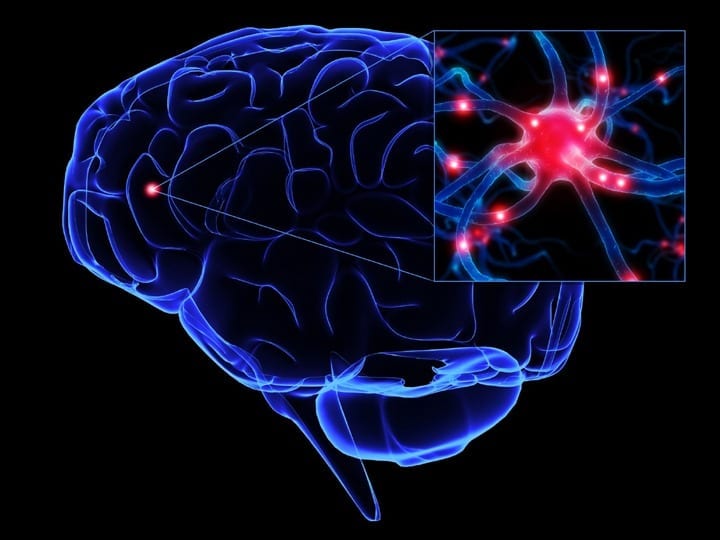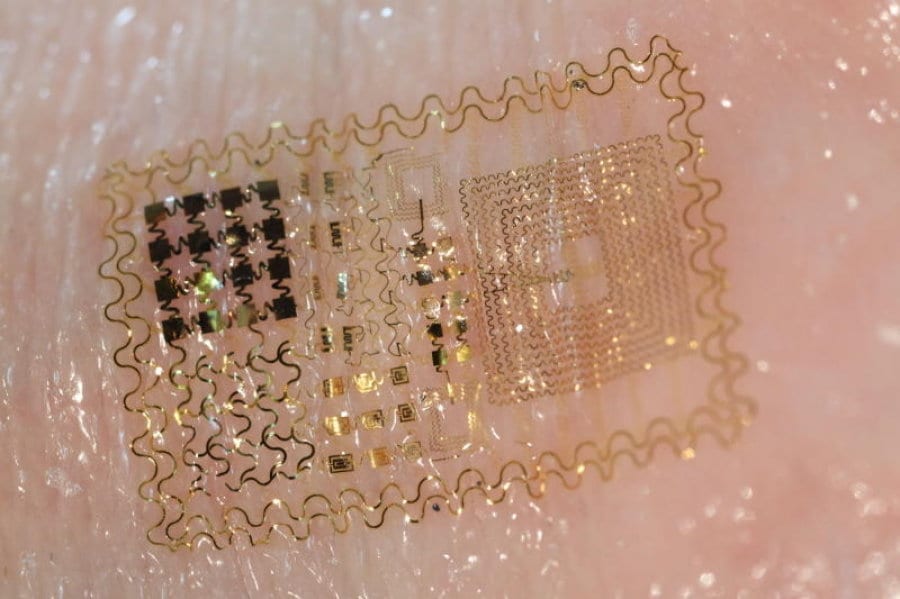
Reactivated plasticity points to new treatments for developmental disorders
They say you can’t teach an old dog new tricks. The same can be said of the adult brain. Its connections are hard to change, while in children, novel experiences rapidly mold new connections during critical periods of brain development.
UC Irvine neurobiologist Sunil Gandhi and colleagues wanted to know whether the flexibility of the juvenile brain could be restored to the adult brain. Apparently, it can: They’ve successfully re-created a critical juvenile period in the brains of adult mice. In other words, the researchers have reactivated brain plasticity – the rapid and robust changes in neural pathways and synapses as a result of learning and experience.
And in doing so, they’ve cleared a trail for further study that may lead to new treatments for developmental brain disorders such as autism and schizophrenia. Results of their study appear online in Neuron.
The scientists achieved this by transplanting a certain type of embryonic neuron into the brains of adult mice. The transplanted neurons express GABA, a chief inhibitory neurotransmitter that aids in motor control, vision and many other cortical functions.
Much like older muscles lose their youthful flexibility, older brains lose plasticity. But in the Gandhi study, the transplanted GABA neurons created a new period of heightened plasticity that allowed for vigorous rewiring of the adult brain. In a sense, old brain processes became young again.
In early life, normal visual experience is crucial to properly wire connections in the visual system. Impaired vision during this time leads to a long-lasting visual deficit called amblyopia. In an attempt to restore normal sight, the researchers transplanted GABA neurons into the visual cortex of adult amblyopic mice.
“Several weeks after transplantation, when the donor animal’s visual system would be going through its critical period, the amblyopic mice started to see with normal visual acuity,” said Melissa Davis, a postdoctoral fellow and lead author of the study.
These results raise hopes that GABA neuron transplantation might have future clinical applications. This line of research is also likely to shed light on the basic brain mechanisms that create critical periods.
“These experiments make clear that developmental mechanisms located within these GABA cells control the timing of the critical period,” said Gandhi, an assistant professor of neurobiology & behavior.
He added that the findings point to the use of GABA cell transplantation to enhance retraining of the adult brain after injury. Furthermore, this work sparks new questions as to how these transplanted GABA neurons reactivate plasticity, the answers to which might lead to therapies for currently incurable brain disorders.
Read more: UCI neurobiologists restore youthful vigor to adult brains
The Latest on: GABA neuron transplantation
[google_news title=”” keyword=”GABA neuron transplantation” num_posts=”10″ blurb_length=”0″ show_thumb=”left”]
via Google News
The Latest on: GABA neuron transplantation
- How a stem cell transplant could help to stop epilepsy seizureson May 7, 2024 at 1:30 pm
The treatment is thought to help by increasing production of a brain chemical called gamma-aminobutyric acid (GABA), which calms down the electrical activity in the area of the brain that triggers ...
- Why GABA Is Important for Well-Beingon May 6, 2024 at 2:44 pm
In addition to the beneficial effects of GABA within the brain, GABA may also have beneficial effects throughout the body: GABA may reduce hypertension and lower blood pressure. GABA and GABA-enriched ...
- Brain GABA levels are lowered in insomniaon May 5, 2024 at 3:59 am
Evidence from human and animal studies has suggested a role for γ-aminobutyric acid (GABA) in the etiology of primary insomnia. This theory is supported by a recent study that used proton ...
- A Case of Polyomavirus-associated Nephropathy Presenting Late After Transplantationon May 4, 2024 at 5:00 pm
Background: A 36-year-old white female, who had received a deceased-donor kidney transplant for end-stage renal disease secondary to reflux nephropathy 8 years previously, was referred to a ...
- Heart Transplantation for a Prisoneron May 1, 2024 at 5:00 pm
Stanford University Medical Center has received some recent press coverage centered around a controversial decision to provide a heart transplant to a convicted felon serving time in the ...
- Organ transplant drug may slow Alzheimer's disease progressionon May 1, 2024 at 11:29 am
Protein imbalances that increase brain cell excitability may explain why individuals with Alzheimer's disease (AD) who also experience seizures demonstrate more rapid cognitive decline than those who ...
- Organ transplant drug may slow Alzheimer’s disease progression in individuals with seizureson April 30, 2024 at 5:00 pm
The team found that an existing drug called rapamycin, initially developed as an immunosuppressant for organ transplant patients that suppresses ... telling neurons when to send a message. GABA ...
- Best GABA Supplements for 2024on April 25, 2024 at 7:00 am
It's also known to play an important role in our immune and endocrine systems. A GABA deficiency is said to lead to anxiety, mood disorders and insomnia. While it's a naturally occurring chemical ...
- Top 6 Best GABA Supplements for Sleep in 2024on April 24, 2024 at 5:00 pm
Gamma-aminobutyric acid, also known as GABA, is a crucial neurotransmitter that plays a significant role in regulating brain activity within the central nervous system. This essential substance ...
- Transplantation Researchon October 20, 2021 at 11:40 am
Over the last five decades, Baylor surgeons have been leading research in organ transplantation to provide patients with life-saving treatment options based on advancing science and technology. While ...
via Bing News










